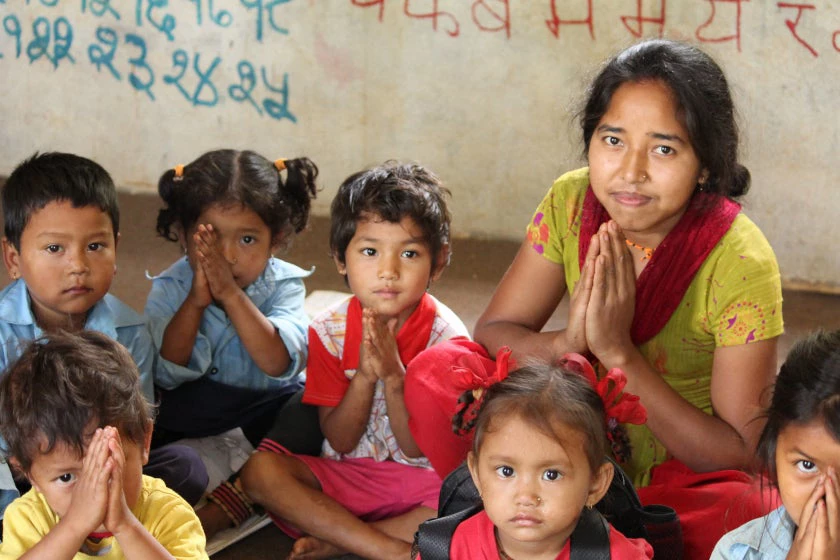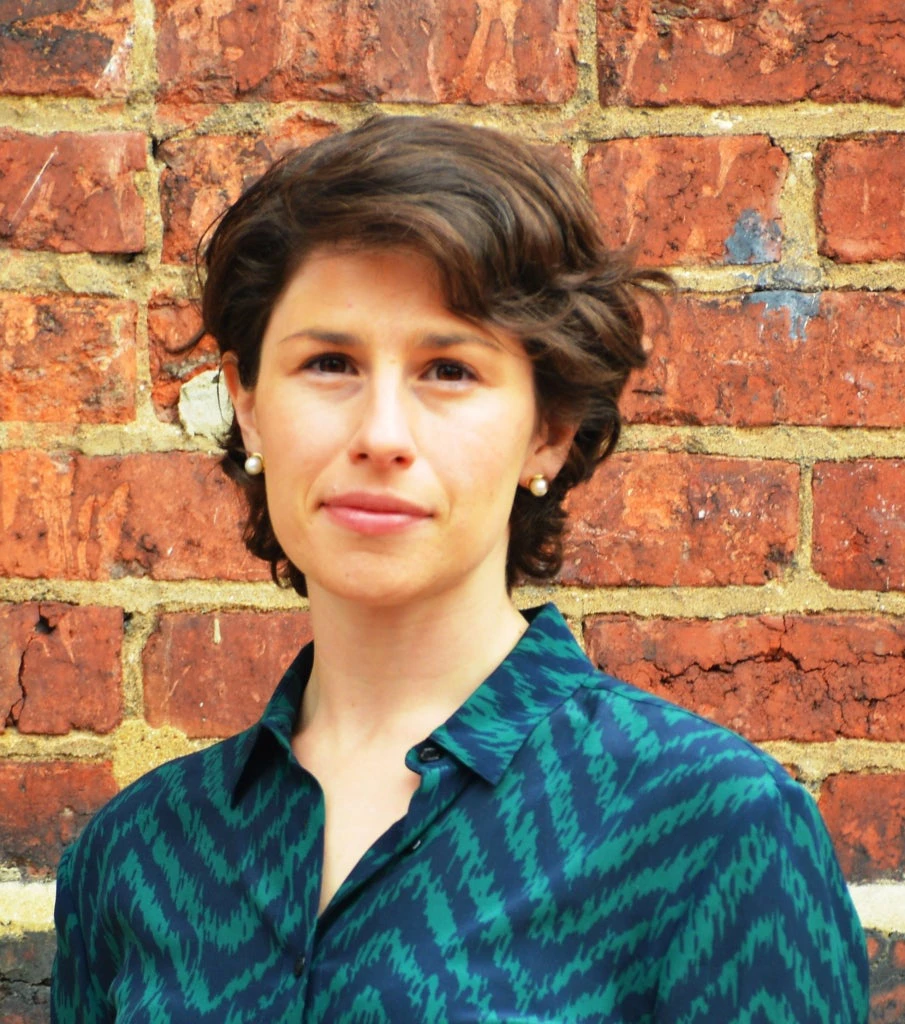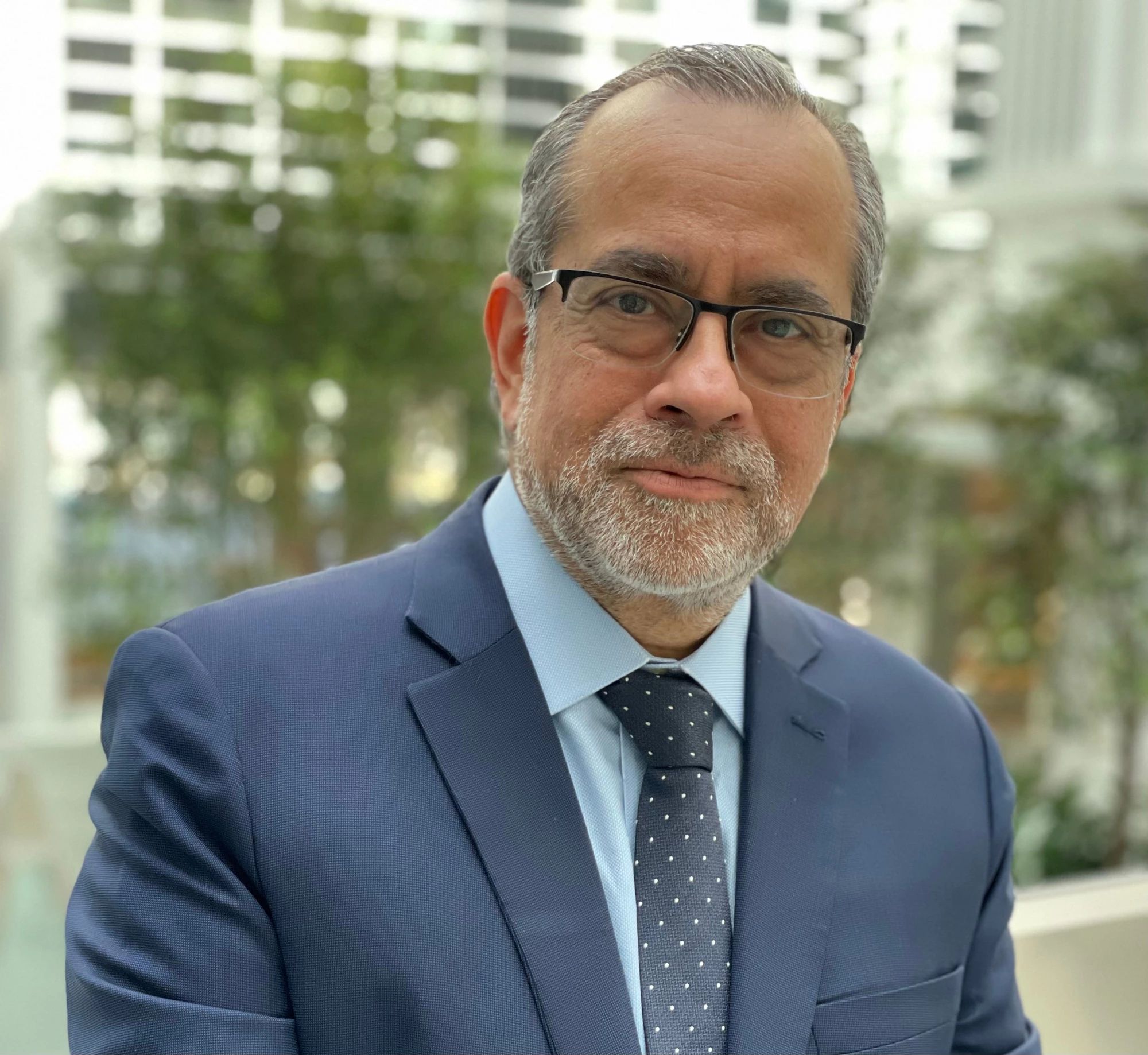
Photo © Aisha Faquir/World Bank
The life and the future of a child is marked by brain development in the early years. Learning and stimulation during the early years is a key building block to help young children reach their full potential. Early Childhood Education (ECE) can improve cognitive skills, reduce repetition and drop-out rates, increase school retention, and help develop socioemotional and life skills, and the ability to learn that children need to succeed as adults in a world that might be very different from the one we live in today.
And yet, only 1 out of 5 children in low-income countries is enrolled in ECE and only 1 out of 2 is enrolled worldwide.
At the World Bank, we are working with governments and partners to expand access to quality ECE and meet the developmental needs of all children. Over the past five years, we have more than doubled our investments in this area. In 2017, we disbursed over $130 million, making the World Bank the largest international funder of ECE. Our current portfolio includes 50 projects around the world totaling more than $1 billion in commitments. Is that enough? No.
Despite the increasing trend, current investment, ours and that of governments (and societies in general) is still insufficient. Given the huge need and potential benefits that ECE can offer, we must continue to work together to dramatically increase funding from all sources, including--and most importantly--domestic resources, funders, and innovative sources of finance. We are working closely with countries and partners in response to the overwhelming evidence of impact, unmet need and growing demand.
But more resources are only part of the solution. During the past decades, there was an expansion of schooling at primary and secondary levels. As that happened, quality deteriorated. A typical quantity- quality trade-off. As we now expand ECE, that trade-off cannot happen again. Expansion must be accompanied with quality. We need to make sure resources are spent effectively and efficiently. And that’s why our work in early childhood focuses on building local capacity, improving quality of services, and building the evidence base of what constitutes a service that provides the right experience to children. Here are some examples:
• Building capacity: We work with current and future policymakers to build capacity and identify champions. Our Early Years Fellowship program is building a cadre of highly motivated professionals to serve as the next generation of leaders in their countries.
• Measuring ECD outcomes and the quality of ECE settings: To build effective systems, countries need information on children’s development and the quality of early learning environments. We are scaling up our efforts to measure outcomes and the quality of services and generate globally comparable data.
• Innovating through research and implementation: We are experimenting with new technologies, public-private partnerships and results-based financing. We are also testing new operating models such as linking ECE to women’s empowerment, employment and skills programs to build a qualified workforce and expand access to childcare. And we are working with countries to identify solutions to support children and families in conflict and fragile settings.
• Championing quality, not just access: All our projects include activities to improve the quality of service delivery, so we ensure quality remains paramount while scaling.
At the country level, these efforts are starting to deliver results:
The Vietnam School Readiness Project expanded the share of children enrolled in full-day, full-year preschool from 64 to 85% nationwide and enhanced quality through:
• Training 90% of ECE teachers and managers in child-centered learning
• Developing a quality assurance system and the establishment of an accreditation process
• Supporting policy measures for standards and quality assurance systems and strengthen monitoring and reporting
In Cote d’Ivoire, the Bank supports the Government to implement a project financed by the Global Partnership for Education. This includes an $8 million component on early childhood education to develop and scale-up a new approach to preschool teacher training and community-based ECE, in partnership with UNICEF. A recent evaluation found impressive results:
• Knowledge of pedagogical practices and child development of trained teachers was almost a whole standard deviation higher than the control group.
• Based on classroom observations, the teachers who received the training scored 0.7 standard deviation higher than the control group on teachers’ classroom practice.
The Jordan Education Reform Support Program is expanding access to quality early learning and will:
• Enroll 30,000 Jordanian and refugee children in preschools.
• Train 100% of preschool teachers on integrating play-based learning into the classroom, preventing gender stereotyping and promoting socioemotional development.
• Support the development and rollout of a new quality assurance system for public and private preschools.
A good education is a basic human right and is the cornerstone of individual success, and of countries growth and prosperity. And ECE is a critical building block of a good education and future human capital. We need more investment and more commitment to scale-up access to quality ECE.
To find out more about the World Bank’s work in ECE, please see this brief.



Join the Conversation